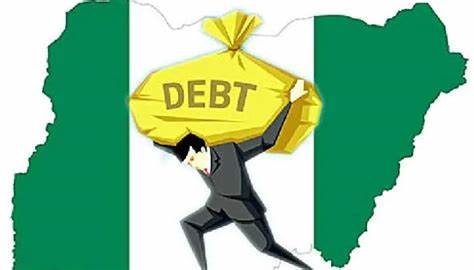
The Debt Management Office has reported that Nigeria’s total public debt stock has risen to N46.25tn or $103.11bn in Q4 2022, up from N44.06tn in September 2022. This includes both domestic and external debt stocks of the Federal Government and the sub-national governments. The increase is attributed to new borrowings by the government and sub-national entities to fund budget deficits and execute projects, as well as the issuance of promissory notes to settle liabilities. Lagos has the highest debt profile among the states, with N807.21 billion, while Jigawa has the lowest, with N43.95 billion. The DMO stated that efforts to increase revenues from oil and non-oil sources, such as the Finance Acts and the Strategic Revenue Mobilization initiative, will support debt sustainability. The total public debt to GDP ratio for December 31, 2022, was 23.20 per cent, which is within the self-imposed 40 per cent limit by Nigeria, the 55 per cent limit recommended by the World Bank/IMF, and the 70 per cent limit recommended by the Economic Community of West African States.































